Off the Record:
Acts of Restorative Justice
By James Scruggs
• 5 minute read
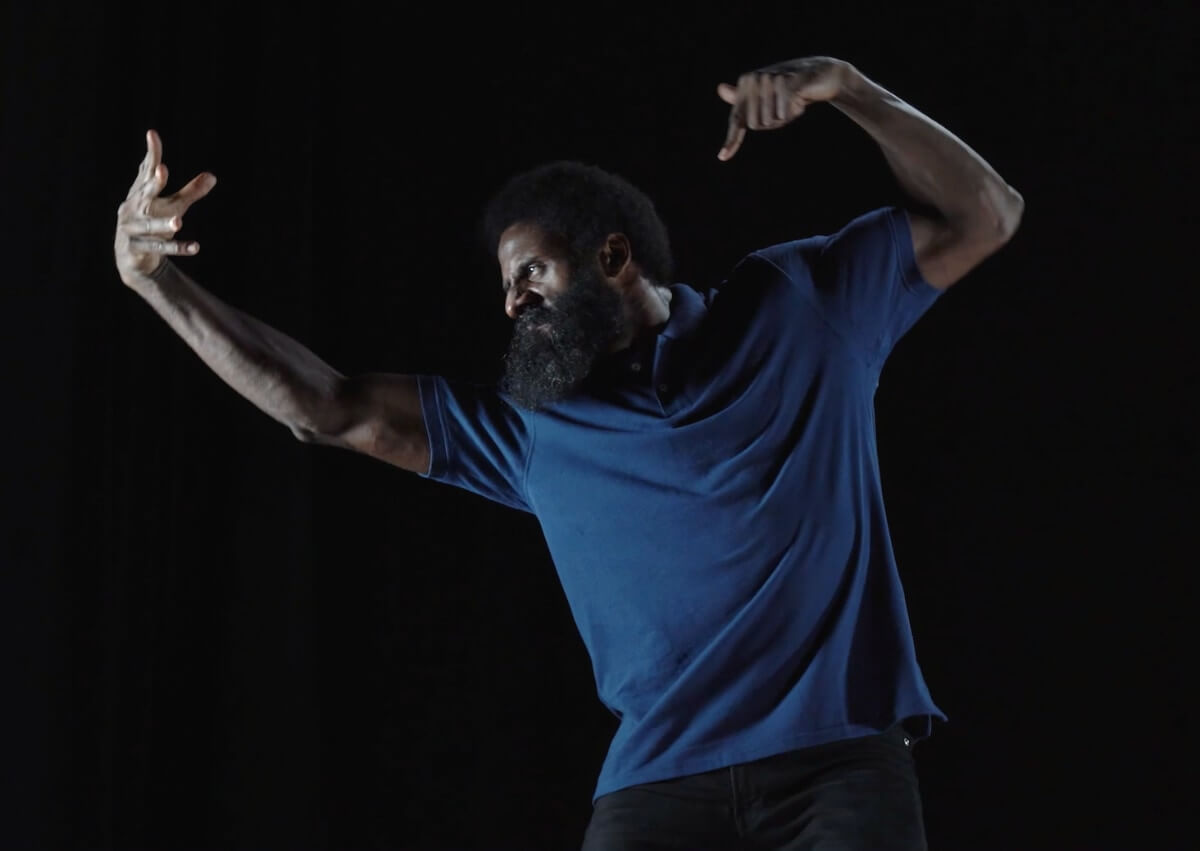
Off the Record: Acts of Restorative Justice is a theatrical intervention that changes lives. James Scruggs will work with community participants who have a misdemeanor or nonviolent felony in their past to legally expunge or seal their criminal records, while telling their stories, onstage and off.
June 21st, 1989 was the last time I got high. I have not picked up a drug or drink since then—I don’t even accept alcohol in my sauces—and that’s the one thing that I’m most proud of.
But prior to that, I was an addict. My drug of choice was crack. I was arrested twice, because when you smoke crack, you make stupid decisions.
Years later, I was offered a job with Deutsche Bank, which I was proud to get. I faced the dreaded box on my application: “Have you ever been arrested?” I thought, it was seven years ago. So, I lied. I got the job, and three weeks later I was marched off my job by the two biggest security guards they had, with my colleagues looking at me like I had done something horrible.
When I was arrested, they told me that my record could be expunged, but because of my drug use, my thinking at the time wasn’t clear. When they said expunged, I thought, “It will magically disappear!” But it does not magically disappear. What they’d meant was that five years later, I could pay a lawyer as much as $5,000 per incident—I had two—to expunge my record.
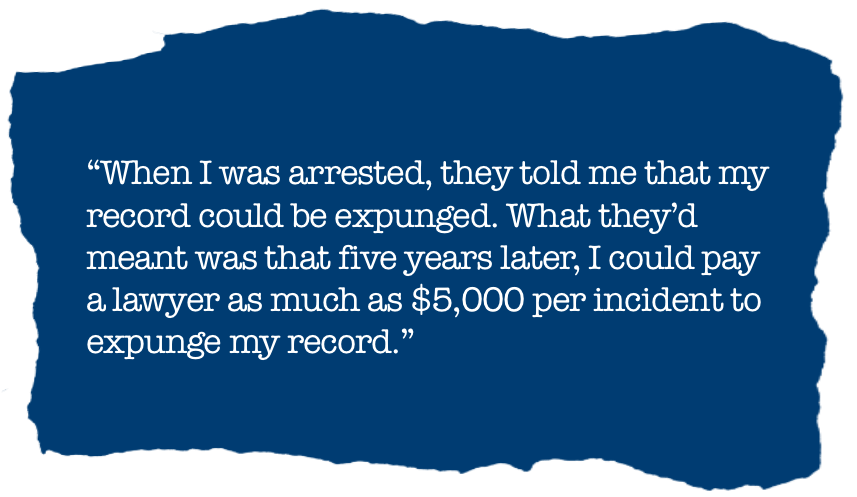
Those incidents are still on my record. I have a criminal record, still—you have to dig, because 1989 is prehistoric now, so I’m fortunate in that sense.
I think about that moment at Deutsche Bank a lot. I think about people who are actively trying to get a job. It’s different now. In the 90s, it took three weeks for me to be marched off the job. Now it would be much quicker. There are a lot of people who are walking around with records, and maybe, like me, they thought that it was going to go away by itself. It does not go away by itself.
Statistics state that 3 out of every 5 young Black boys will go to prison in their lifetime. Statistics don’t dive deeper. Each one of these boys grows into a man who will have great difficulty in gaining employment with a criminal record. Each one of these men will have families who will be adversely affected.
Based on the way this country leads with mass incarceration, people who look like me are apt to get arrested. Mass incarceration is real. Over-policing is real.
I wanted to create a piece that was about social justice, and that was also practicing social justice.
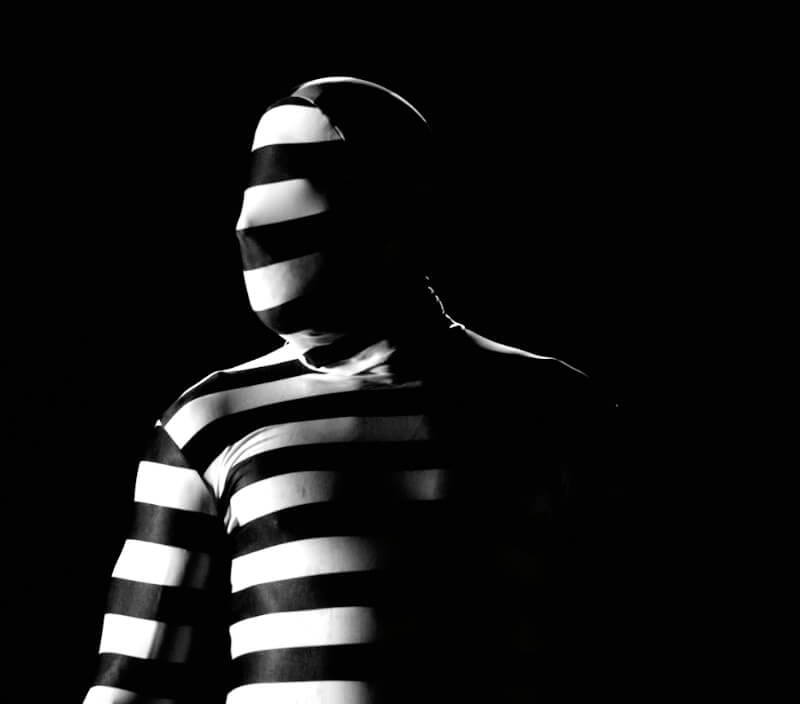
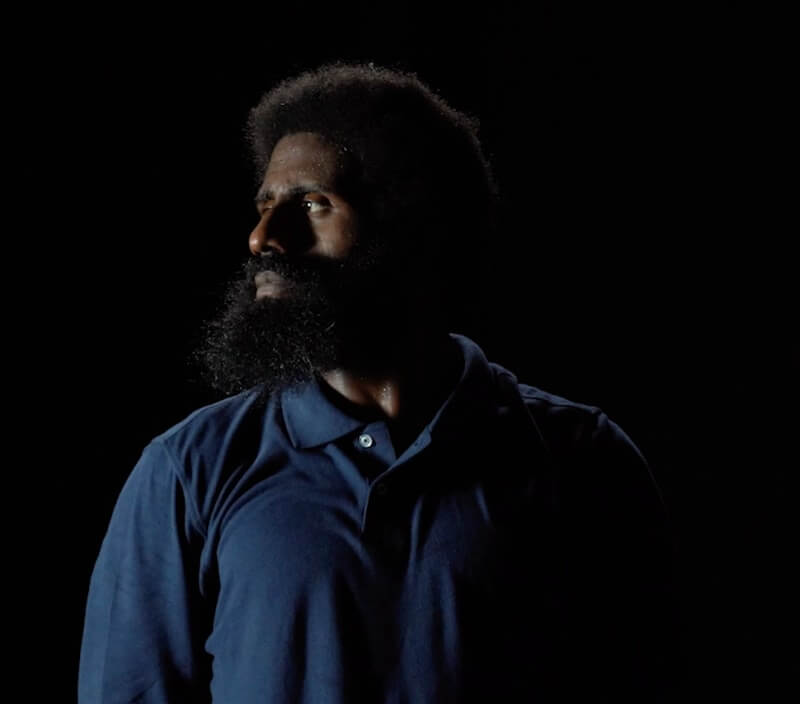
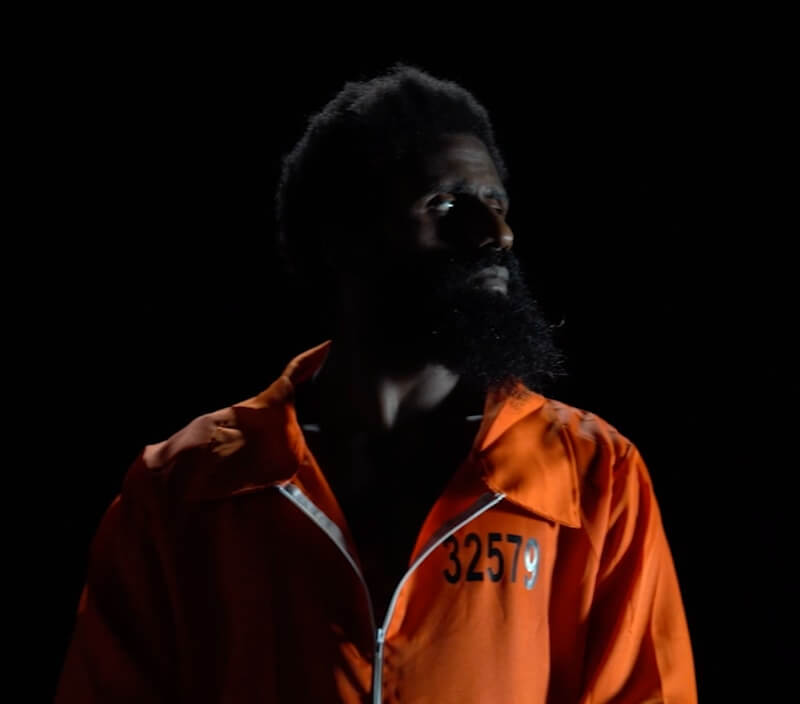
Off the Record: Acts of Restorative Justice is a real attempt to address the pervasive, oppressive phenomenon of overpolicing and its result—mass incarceration—one person at a time. Funded by a generous grant from the National Performance Network, this is a theatrical piece and a social justice initiative with a clear and explicit intention of moving the restorative justice needle a bit.
The theatrical work will consist of evening-length performances produced and shown in 2024 and 2025 at Arts Emerson in Boston, Massachusetts; the Center at West Park in New York City; and Art2Action in Tampa, Florida. This work will be inspired by residencies at these locations and informed by interviewing folk with active criminal records and following several organizations involved in addressing solutions to the question “How can I get my active criminal record sealed or expunged?”
We will:
- Identify BIPOC folk with misdemeanor and or nonviolent felony criminal records still active.
- Produce a Record-Sealing Clinic in New York City and Expungement Clinics in Boston and Tampa, Florida.
- Actually pay fees incurred for several criminal records to be sealed or expunged.
- Devise theatrical performances and pay participants for sharing their stories.
- And provide information to audience members at each one of the three geographic locations about how they can get their records expunged.
However, the phenomenon of mass incarceration and over-policing is not limited to the three cities that have commissioned this work.
This project is a simple way to shed light on mass incarceration. It is a piece that could easily be presented across the country. I invite other presenters to get involved, either by bringing this work to your space or by initiating the process in your community.
For $5,000, a criminal record can be expunged. The project is seeking sponsors who are interested in supporting this effort. We are also seeking support to compensate each participant who generously shares their personal story.
Those interested in joining us can reach out to me personally. I’m interested in telling these stories in the hope that other people will be brave enough to face the fact that this is real and to get their get their records expunged.
About James Scruggs

James Scruggs is a writer, performer, producer, teacher, speaker, and arts administrator who creates largescale, topical, theatrical, multimedia work usually focused on inequity or gender politics. His solo theatre piece, A Voluptuary Life (2019), which received a MAP Grant, explored the hetero-washing of LGBTQ+ history. In 2018, he created MELT!, a site-specific immersive, interactive, satirical work for the High Line. His piece 3/Fifths SupremacyLand (2017) was a fully immersive, interactive ethno-theme park, exploring race and racism called SupremacyLand, for which he was awarded a 2015 MAP Grant and a 2016 Creative Capital Grant. Trapped in a Traveling Minstrel Show (2017), a piece about how unarmed Black men are often feared and legally killed in police shootings, was awarded the Boston Theater Critics Association Elliot Norton Award for Outstanding Production Fringe Theater. James Scruggs has a BFA in film from School of Visual Arts.